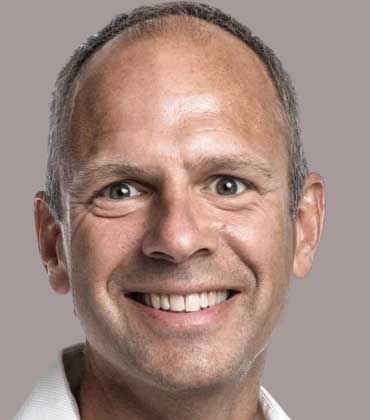The market demand for large-scale cell culture production capacity is growing, and FUJIFILM Diosynth Biotechnologies is meeting the market demand by expanding its production capacity with new drug substances, drug products, and finished goods facilities. And we are deploying a modular approach specifically for drug substance manufacturing.
The biopharmaceutical industry is constantly evolving, with new technologies, processes, and product pipelines continually emerging. To keep pace with these changes, companies must be able to quickly adapt to meet changing demands and emerging opportunities. KojoX™ is FUJIFILM Diosynth Biotechnologies´ global drug lifecycle operational framework focused on flexibility and scalability, the standard for the design, construction, and operation of manufacturing facilities across Manufacturing platforms (Large scale stainless steel and single-use) and modalities. At the heart of KojoX™ is a commitment to enabling global patient access by ensuring that biopharmaceutical products are produced to the highest standards and are accessible to those who need them most.
The modular approach supports the KojoX™ paradigm. As FUJIFILM Diosynth Biotechnologies builds new facilities, the KojoX™ modular template should yield cost efficiencies as well as rapid and reliable construction. For example, when we design a drug substance facility module that we intend to build at one of our sites, with this approach, we utilize that existing design/build concept for expansions at other locations. The designed module allows for sufficient flexibility to be able to produce most of the new monoclonal antibody molecules being developed by pharmaceutical companies.
Each drug substance module (DSM) consists of a building with two seed trains and a total of four production bioreactors, one harvest suite, and one purification suite. The DSM building is designed as one module that can be expeditiously replicated into additional modules while potentially reducing design efforts and timelines. Currently, FUJIFILM Diosynth Biotechnologies is building four DSM modules – two at the site in Holly Springs, North Carolina, and another two DSM modules at the existing site in Hillerod, Denmark
The modular approach affects all aspects of the facility; the layout of the building is the same, no matter the location. The process equipment has the same design. The electrical design is standardized; however, localization is utilized to meet codes that differ depending on the country.
The process automation solution for a DSM module is a distributed control system (DCS) and a manufacturing execution system (MES). Each DSM will have its own DCS, and two DSMs will share an MES. As the DSMs are identical, the DCS systems will also be identical. That provides a unique opportunity to build the systems in a non-traditional way and reduce the effort involved in generating a qualified automation solution. Instead of the traditional waterfall approach of generating the application code based on design documents, the application code for a new DSM module is generated by replicating the application code from an already qualified DSM facility. The replication process is qualified to ensure that the application code for the new DSM module is also qualified. However, the DSM modules could have a few differences, and those differences would be treated as individual changes from a qualification point of view.
There are multiple benefits of the modular concept. For facilities, the design phase is substantially reduced, utilizing as much as possible of the design as the previous module. The process equipment testing is executed with fewer deviations as the equipment is similar to other DSM modules. In many cases, the process equipment is also standardized, which facilitates collaboration and rapid service if needed. The DCS software qualification effort is mainly reduced to only deal with the few process changes that are included, reducing the software development timeline.
Another benefit of the modular design is realized during the startup of the facility. As the facility equipment design and application are not ‘new,’ the number of code errors and minor adjustments should be reduced and support a smoother and faster start-up. Additionally, employees from one site can support the startup of new facilities since the design, setup, equipment, software, and operating model is standardized.
The KojoX™ concept includes more than building new modular DSM facilities. It also includes the full manufacturing supply chain from DSM, drug product to finish goods manufacturing, a digitalization of the value chain, and an optimization of the production network capacity. When fully deployed, the KojoX™ model will enable FUJIFILM Diosynth Biotechnologies to provide a standard platform that can facilitate fast and efficient technology transfers of molecules from small to largescale manufacturing and from site to site. It will provide our customers with a high degree of supply chain agility as we can support from pre-clinical to commercial manufacturing in a standardized way and thereby support our core purpose: ‘Partners for Life – Advancing Tomorrow’s Medicines.’


